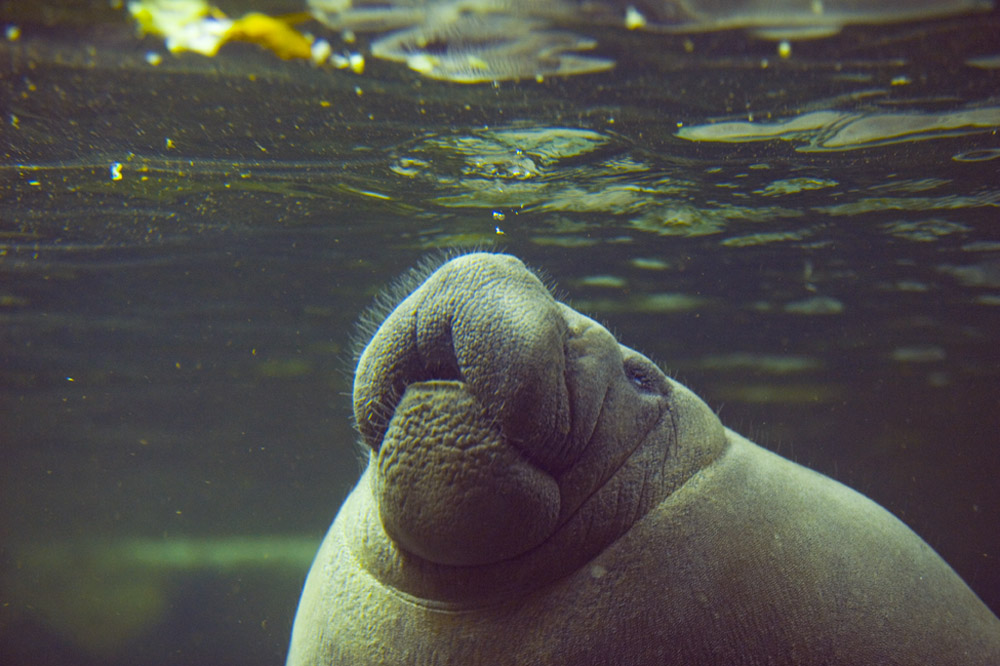- Threatened species conservation
- Bénéficiaire AMMCO - Africain Marine Mammal Conservation Organization
- Montant du projet 191 500€
- Subventions FFEM 75 000€
-
État du projet en cours
The Lac Ossa Faunal Reserve is a lacustrine ecosystem with a water surface area of 4000ha. Located in the town of Dizangue, in the department of Sanaga Maritime, and in the Littoral region of Cameroon, Lake Ossa, like most wetlands, abounds in an important and varied fauna and flora which give a unique attraction to its landscape and is a source of life for the local populations. However, this landscape is threatened by an invasive aquatic plant, Salvinia molesta, which is imposing itself to the detriment of native species. It is full of significant biodiversity with more than 100 species of macrophytes, around thirty species of fish distributed in 18 families and around twenty aquatic birds.
More than 400 fishermen are directly dependent on the lake’s resources, and its scenic beauty and biodiversity attract many curious and nature enthusiasts. Its fame comes from the fact that it is home to a large population of African manatees, soft-shelled freshwater turtles and even dwarf crocodiles.
The pollution of Lake Ossa comes from the rapid proliferation of Salvinia molesta, an invasive aquatic fern. Originally from Brazil, its recent appearance in the lake is a real danger for biodiversity. Under favorable conditions, it proliferates at very high speed; doubling in biomass every 10 days. It already occupies nearly 50% of the water surface of Lake Ossa and the danger is an asphyxiation of the ecosystem. In addition, this plant is also a threat to the manatee in several respects: the thick carpet it forms above the body of water prevents the aquatic mammal from surfacing to breathe atmospheric air. If nothing is done, the plant will soon cover the entire surface of the lake and transform it into an aquatic desert with significant consequences for local communities. In order to respond to this threat, AMMCO has initiated biological control by importing, with the authorization of the Cameroonian government, the salvinia weevil which is currently in mass breeding in the premises of the organization and a pilot release has recently been initiated.
